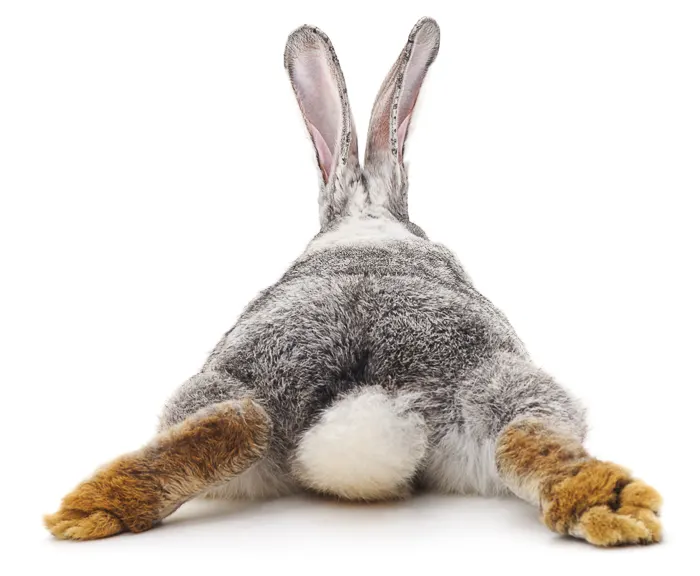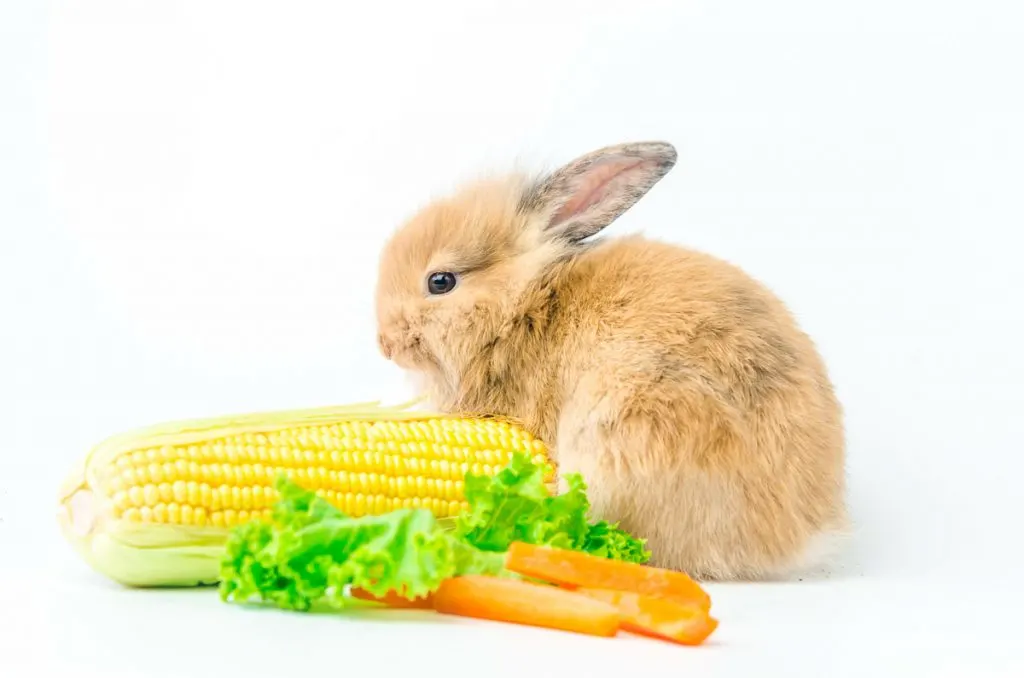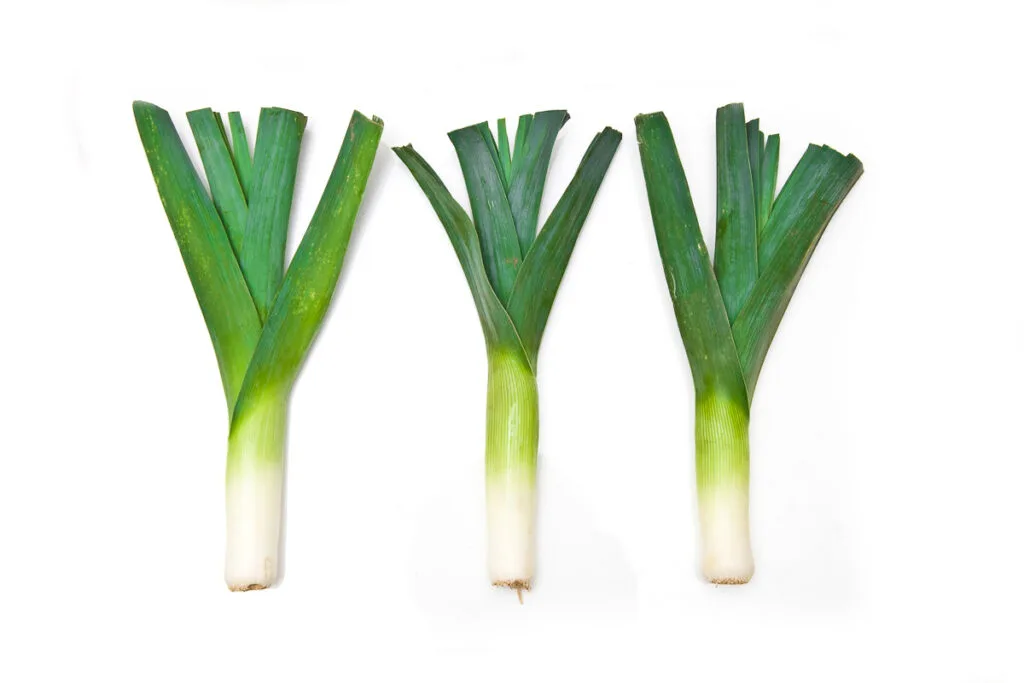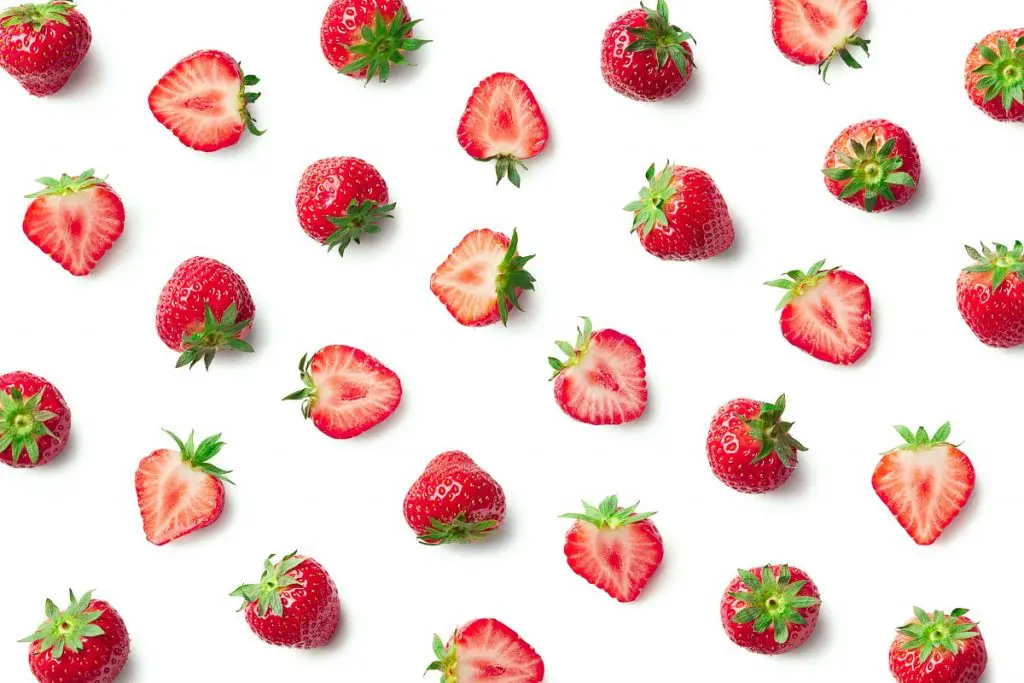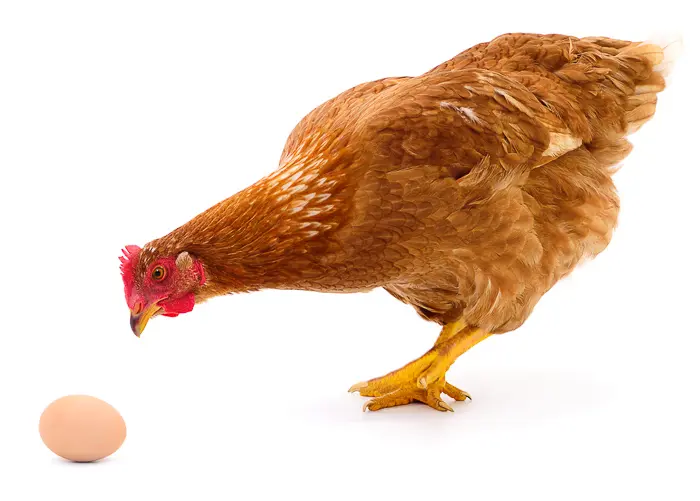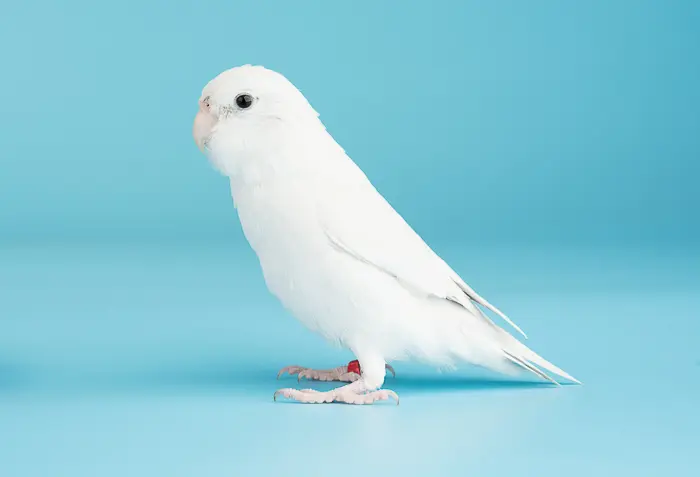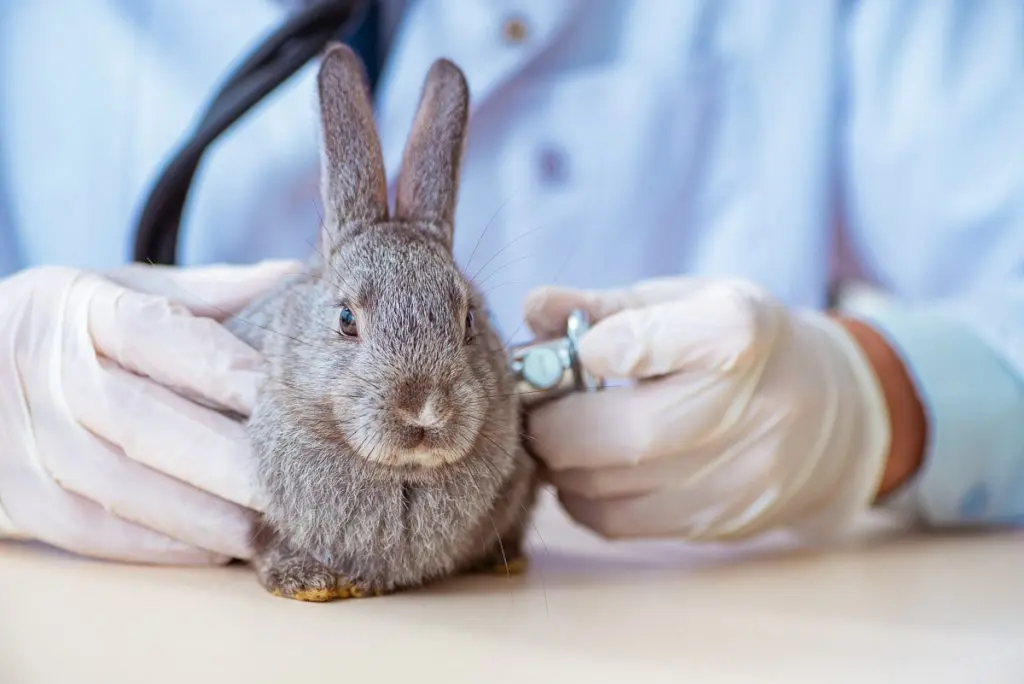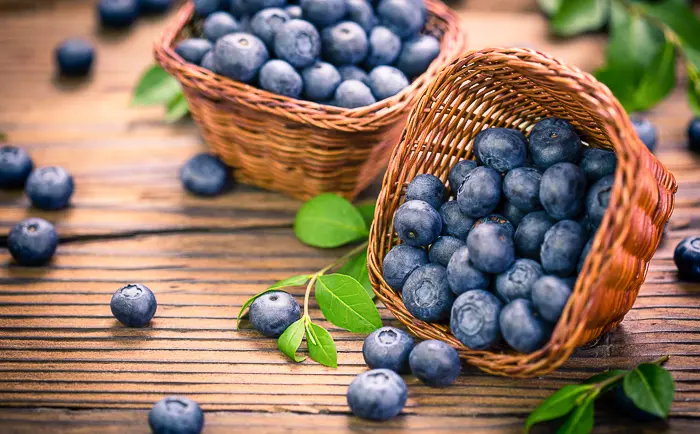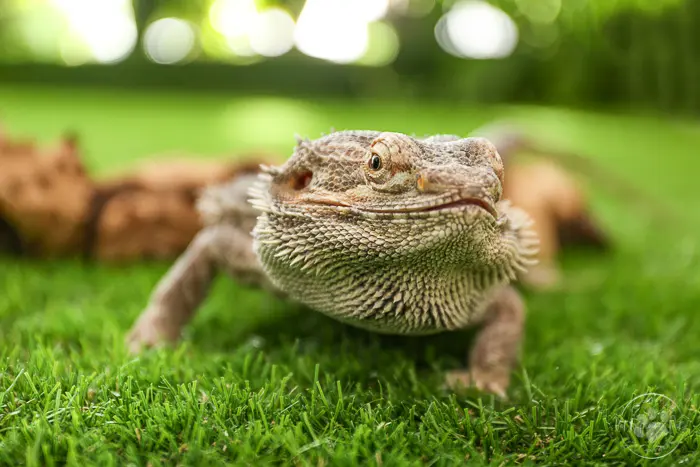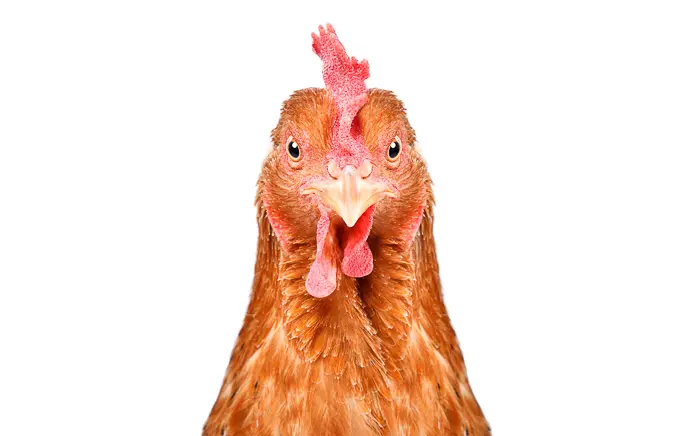Hamsters are one of the most loveable of all pocket pets, it's easy to want to give them human foods we enjoy, like light, creamy cheese! However, many human foods are not safe for hamsters to eat. So, can hamsters eat cheese? Dr. Jess explains it all below:
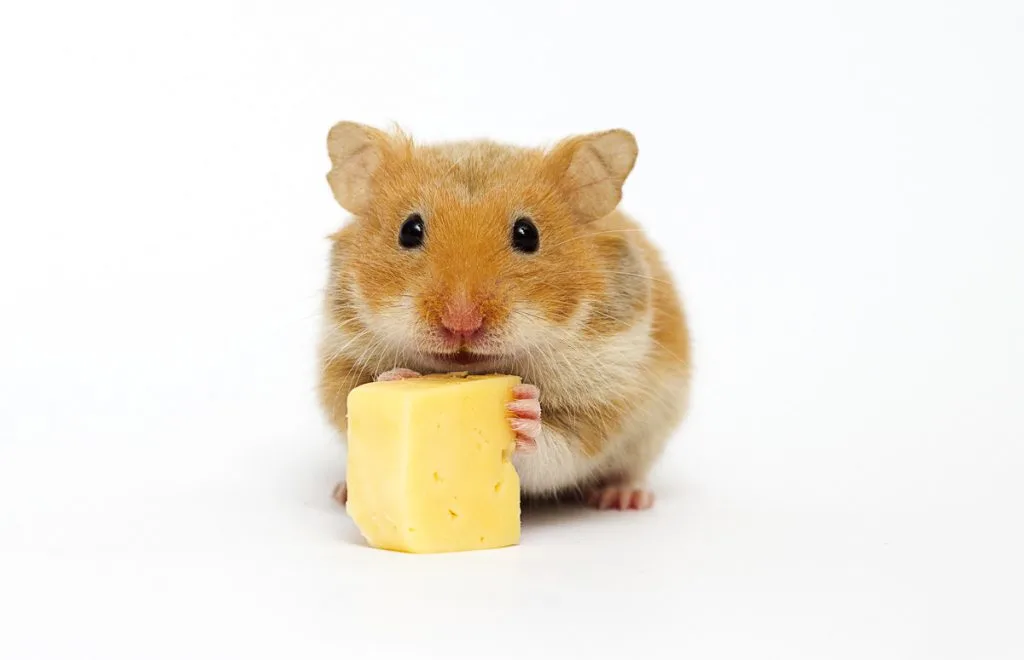
What is a Hamster?
A hamster is a small rodent that is commonly seen as a pocket pet here in the U.S. Hamsters are covered in a soft fur, with large eyes, round bodies, and short stumpy tails.
They are quite active and can make great pets as long as you know how to properly care for them and all of their needs.
Hamster Basics:
Hamsters are small mammals. Their coats are soft and come in many different coat colors and color patterns. There are many different types and breeds of hamster.
A common hamster is about 4-10 inches long, with some breeds shorter than that average and some breeds longer than that average.
Adult hamsters can weigh anywhere from half an ounce to over 10 ounces, depending on age and breed of hamster.
Hamsters are nocturnal, meaning that they typically sleep during the day and are active at night. Therefore, if you or a family member is a light sleeper or has issues sleeping at night, it is not suggested to house your hamster in that same room, as they will be active during the night.
A hamster's teeth are continually growing. Therefore as a reliable pet owner, you need to provide your pet hamster with materials to help them keep their tooth length at bay.
Hamsters are omnivores, eating both plant material and animal materials.
In captivity, hamsters typically have a diet that consists of items such as hamster pellets, hay, grains and nuts, and fruits and vegetables, to name a few foods.
No matter what you and your veterinarian decide is the best diet for your hamster, make sure that it is balanced for your hamsters lifestyle.
Hamsters have a cute personality. Some are outgoing and friendly with others,while other hamsters like to live a life of solitude.
Hamsters like to burrow and tunnel, so having some sort of tunnel system is fun for many captive, caged hamsters.

What Do Hamsters Typically Eat?
These little buddies eat an assortment of things to keep them healthy and happy.
- High-quality hamster food and Timothy hay should be the main staples of their diet.
- Up to about 10% of their diet can be made up of an assortment of vegetables and fruits, with fruits and vegetables over 12-24 hours old being discarded as soon as possible.
- Hamsters do best with diets low in fats and sugars. [source]
- Clean, fresh, filtered water. ‘Fresh water‘ means that is is changed daily. ‘Changed daily‘ means that new water is placed into a CLEAN water dispenser!
- Seeds and protein (in the form of hamster-safe insects and cooked hamster-safe meats) can also be given to hamsters in safe portions determined by your veterinarian
Let's Talk Cheese Please!
Cheese is a popular dairy product that is produced from milk. This milk usually comes from cows, goats, or sheep.
There are over 1,000 different cheeses found throughout the world with different shapes, sizes, textures, hardnesses, flavors, and uses.
Milk is turned into what we know as cheese, typically by acidifying milk, causing a certain protein in the milk, named casein, to coagulate and curdle, and is formed into shapes that we are familiar with cheese having when we buy it at the store.
Many times, spices such as garlic, rosemary, or pepper, are added to the cheese for an extra added flavor.
Some cheeses need more aging time than others.
Some cheeses are better at melting and being ooey-gooey-stringy cheese, while others are harder to melt and tend to stay in their cheese-shaped form.
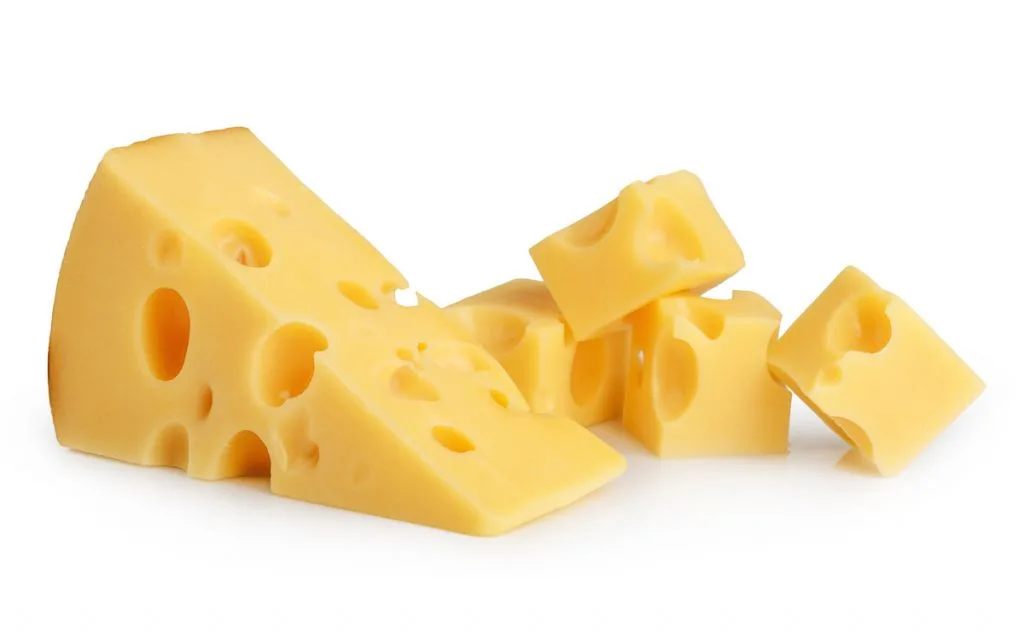
Cheese Nutrition:
Wikipedia states:
“The nutritional value of cheese varies widely. Cottage cheese may consist of 4% fat and 11% protein while some whey cheeses are 15% fat and 11% protein, and triple-crème cheeses are 36% fat and 7% protein. In general, cheese is a rich source (20% or more of the Daily Value, DV) of calcium, protein, phosphorus, sodium and saturated fat.”
https://en.wikipedia.org/wiki/Cheese
Full of Important Vitamins and Minerals:
Cheeses contain calcium, phosphorus, riboflavin, zinc, as well as other minerals. Your pet's body would not work properly or stay healthy without these essential nutrients.
Vitamins A, B12, D, and K are found in cheeses. These vitamins help with everything from great eyesight, to healthy bones, and even the foundation of blood clotting within the body.
Great Source of Fat and Protein:
Your hamster does need fat and protein in their diet to maintain a healthy body system. Cheese contains a decent amount of both of these nutrients.
Do Hamsters Like Cheese?
Yes they definitely do!
Cheese is like potato chips to hamsters! Delicious little snack!
But cheese can be harmful to some pets. Is it toxic to hamsters too?
Can Hamsters Eat Cheese?
Well after learning about some of the health benefits and some of the risks that the consumption of cheese brings with it, wouldn't it be nice it you could just safely feed it to your hamster?
Well, you can…. in moderation.
That's right, feeding a small amount of cheese as a treat to your hamster on occasion is totally fine and they will likely LOVE you for it!
Moderation = A couple little bites of cheese is enough for one hamster.
If your pet does not eat all of their snack within 12-24 hours, then you need to dispose of it for them.
They will likely not eat it after that time period, and it will only sit in their cage and get old and eventually become unsafe to eat.
You should feed these few small pea-sized pieces of cheese no more than about 2 times per week and no two days in a row.
What Types of Cheese Can Your Hamster Have?
Cheese is high in calories (and some are high in sodium), which could take its toll on your hamsters weight.
So I recommend choosing cheeses that are low in fat, to prevent your hamster from becoming obese. These tend to be cheeses such as:
- Low-fat cottage cheese
- Low-fat Mozzarella
- Ricotta
- mild cheddar
Cheeses to stay away from are those that are high in saturated fat and/or salt (sodium) such as:
- Hard cheddars
- Parmesan
- Processed cheese products
- Cheese-flavored snacks
- Stilton and blue cheese are toxic to hamsters, and should never be fed to your hamster!!!
These types of cheeses can cause your hamster to gain unneeded weight, become dehydrated, or even quickly become constipated.
When trying to find a cheese to feed your hamster, never offer cheeses with the following qualities:
- High Fat: This can result in diabetes and/or obesity
- Blue Cheeses: The bacteria in blue cheese can cause toxicity issues with your hamster.
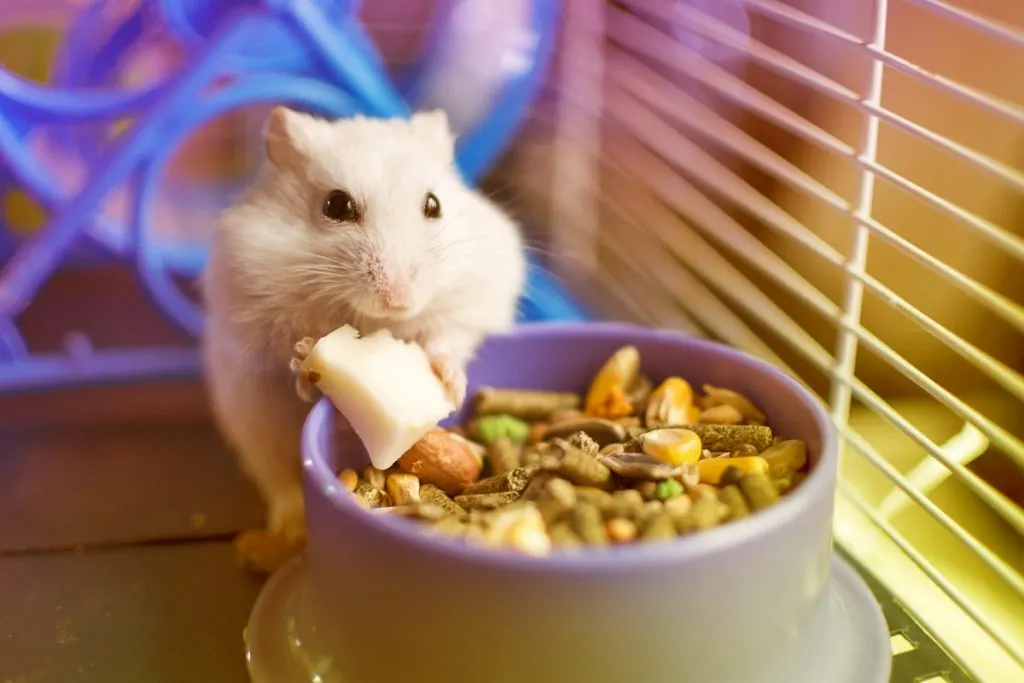
Is Cheese Harmful to Hamsters?
Yes, it can be.
Remember that too much cheese fed to these little buddies can give them side effects like an upset stomach, gas, bloating, and diarrhea.
This can lead to a multitude of problems including things like dehydration and electrolyte imbalances that could impart a trip to the veterinary clinic for your pocket pet vet to fix.
Some cheese can have spices, salt, or butter on it that can severely harm or even kill your hamster.
But just as it’s not good for us to have too much fat or too many carbs, neither is it a good idea to give loads of to your hamster.
So too much cheese, especially anything other than plain cheese, could mean detrimental effects to your buddy, such as diabetes or obesity.
Feed cheese in moderation!
So yes, consuming cheese has its risks. Some of the major health risks include:
- Obesity – This is because of the very high fat content in cheese. Too much cheese can easily cause obesity
- Choking – Very soft, sticky cheeses or large pieces of cheese, can get stuck in your hamster's cheek pockets and cause your hamster to choke
- Toxicity – Blue cheeses like silton and blue cheese can cause death due to toxicity.
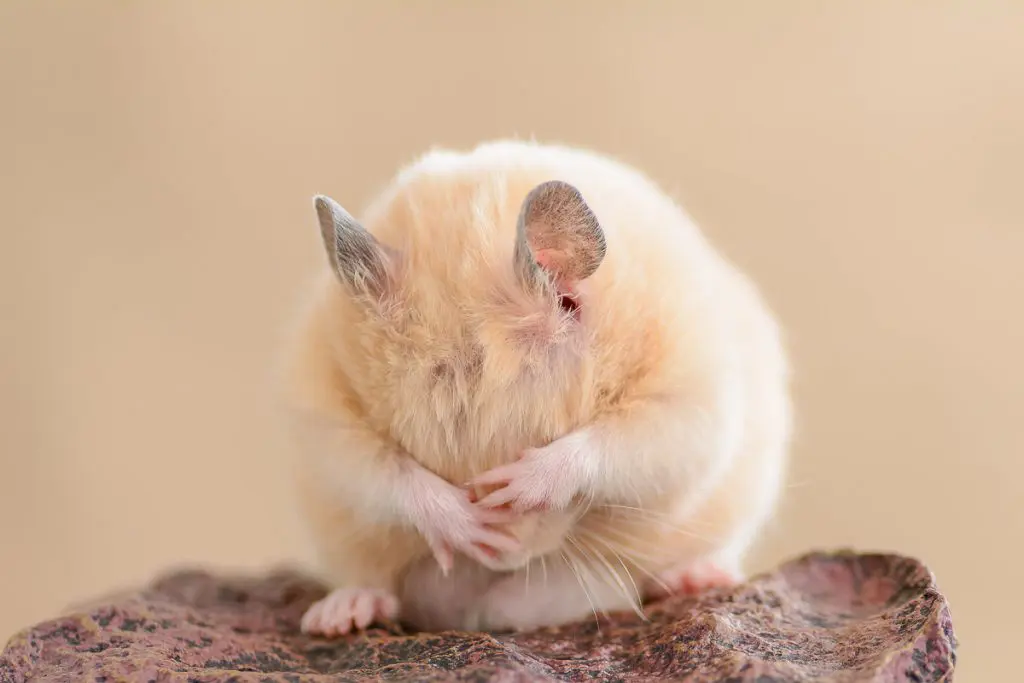
Can Hamsters Eat Cheese-Flavored Snacks?
Another issue is cheesy snacks…….
No, your hamster should not eat cheesy snacks.
They can become choking hazards, as well as can contain a multitude of ingredients that can be quite harmful to your pet hamster.
Can Hamsters Eat Cheese From A Can?
No, they should never be fed cheese from a can or spray cheese. Never-ever!
How Much Cheese Can Hamsters Have?
Cheese is best reserved as a special treat for your furry friend.
Therefore it is important to not overfeed cheese to your pet.
A limit of 1-2 pea-size pieces of cheese, offered to your hamster properly (more on that in a second!), is all that should be given at one time.
If you have a dwarf hamster or just a smaller-sized hamster, feed up to 1/2 – 1 pea-sized piece of cheese to your hamster.
Cheese should be given at a maximum of 1-2 times per week.
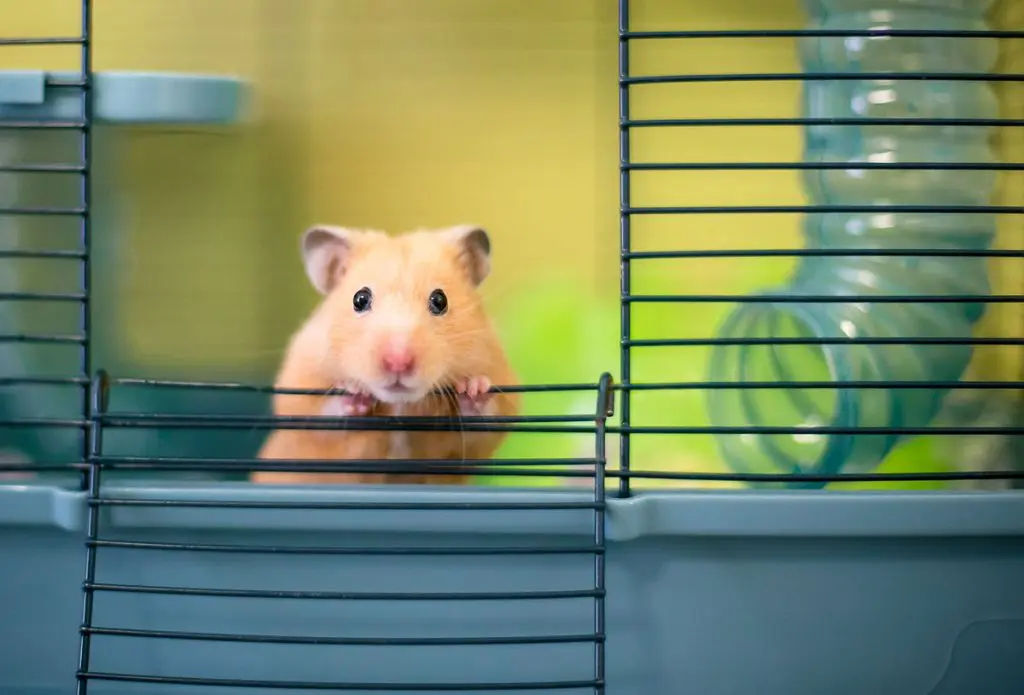
How To Serve Cheese To Your Hamster:
Make sure to introduce any new foods, including cheese, to your hamster slowly and in small bite-sized amounts.
If your furry friend shows any signs of digestive discomfort, loose stool, diarrhea, or decreased appetite, stop feeding them cheese immediately and contact your local veterinarian.
Be sure to give your hamster only plain, soft cheese.
How Often Should Hamsters Eat Cheese?
Your hamster can have their cheese pieces as a snack one to two days a week.
These days should never be back-to-back. In fact, the days should be spread out a few days apart from one another.
Alternative Foods For Hamsters:
Cheese Wrap-Up:
Your cute little hamster deserves the best – best home, best health, and best treats.
Weigh the pros and cons of feeding cheese to your hamster before tossing them a tasty snack, and if you do decide to give them a treat, remember, it's safe in moderation.
Treating your pet to some of your favorite snacks, like cheese, is just fine as long as that cheese is prepared properly, served correctly (correct amounts and correct pacing), and only to healthy hamsters.
If you have any questions or concerns, contact your local vet before feeding cheese to your buddy.

The information provided in this article is not a substitute for professional veterinary help.
![[Vet Explains Pets]](https://vetexplainspets.com/wp-content/uploads/2024/09/cropped-vetlogo-199x66.png)


